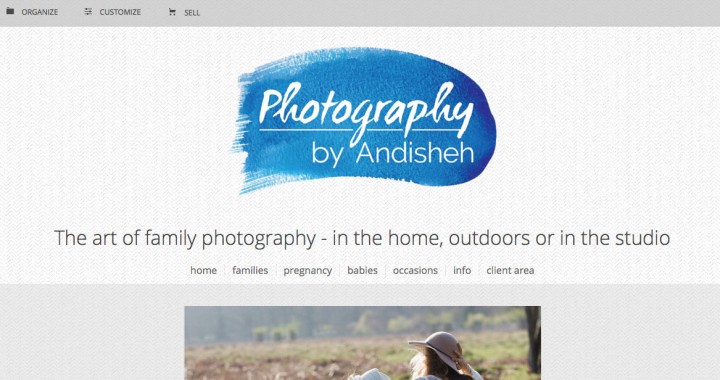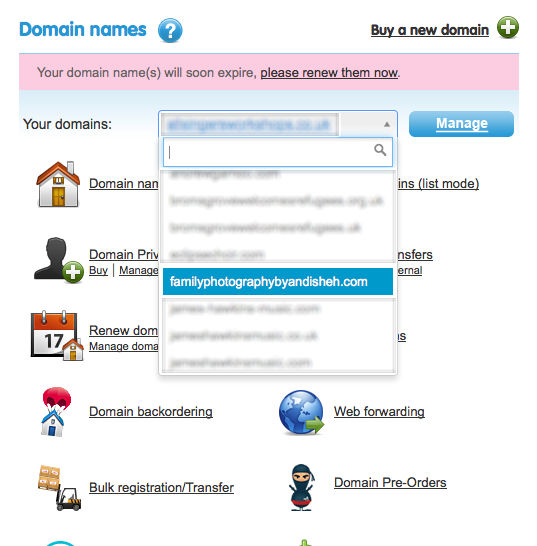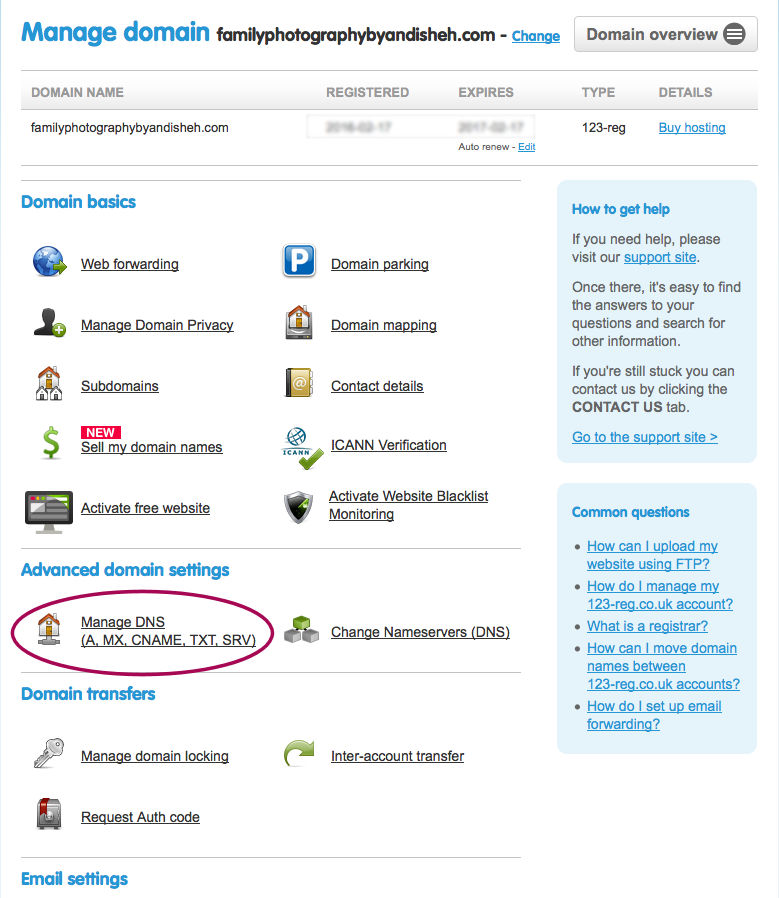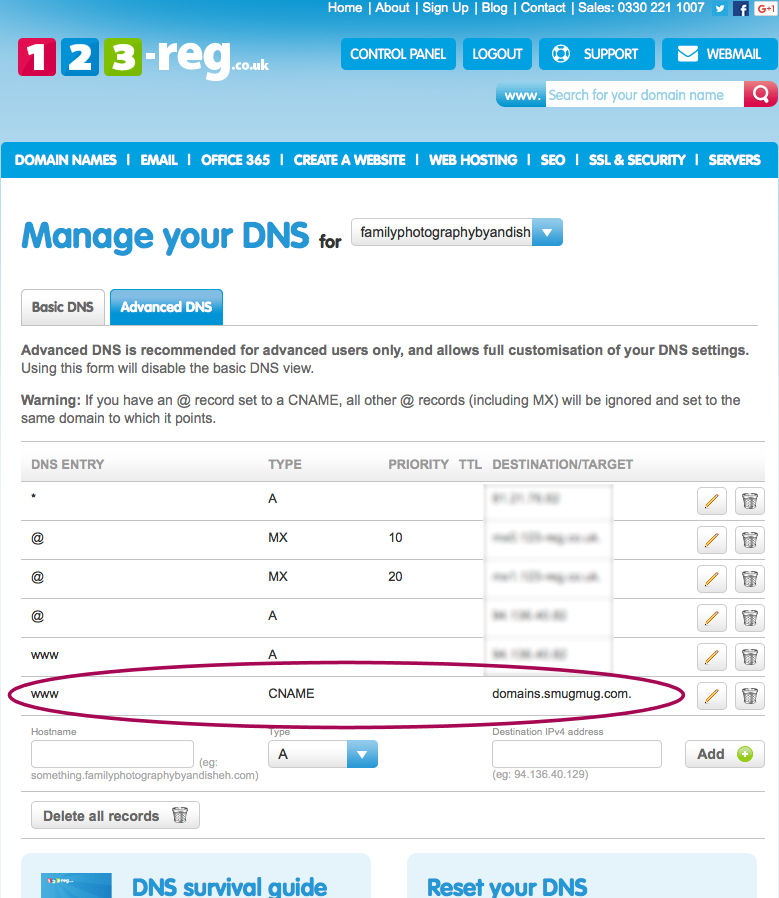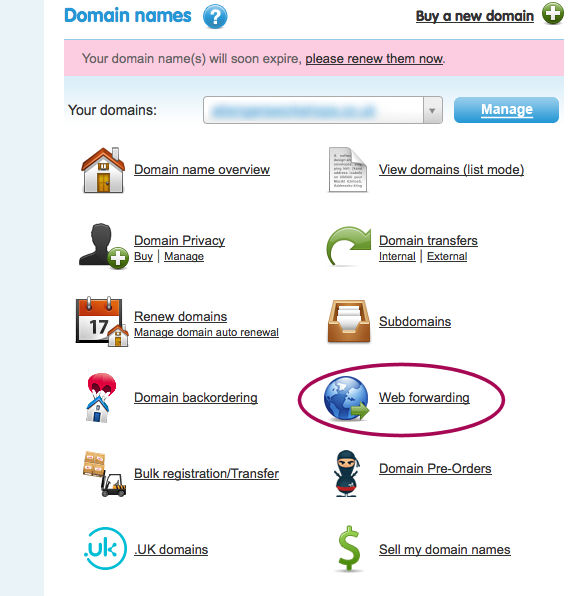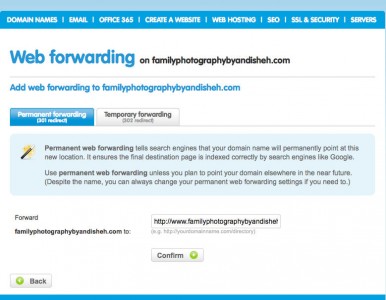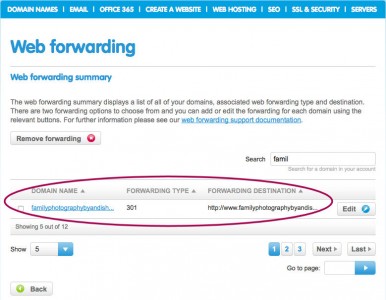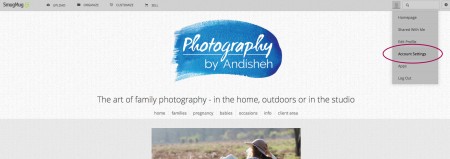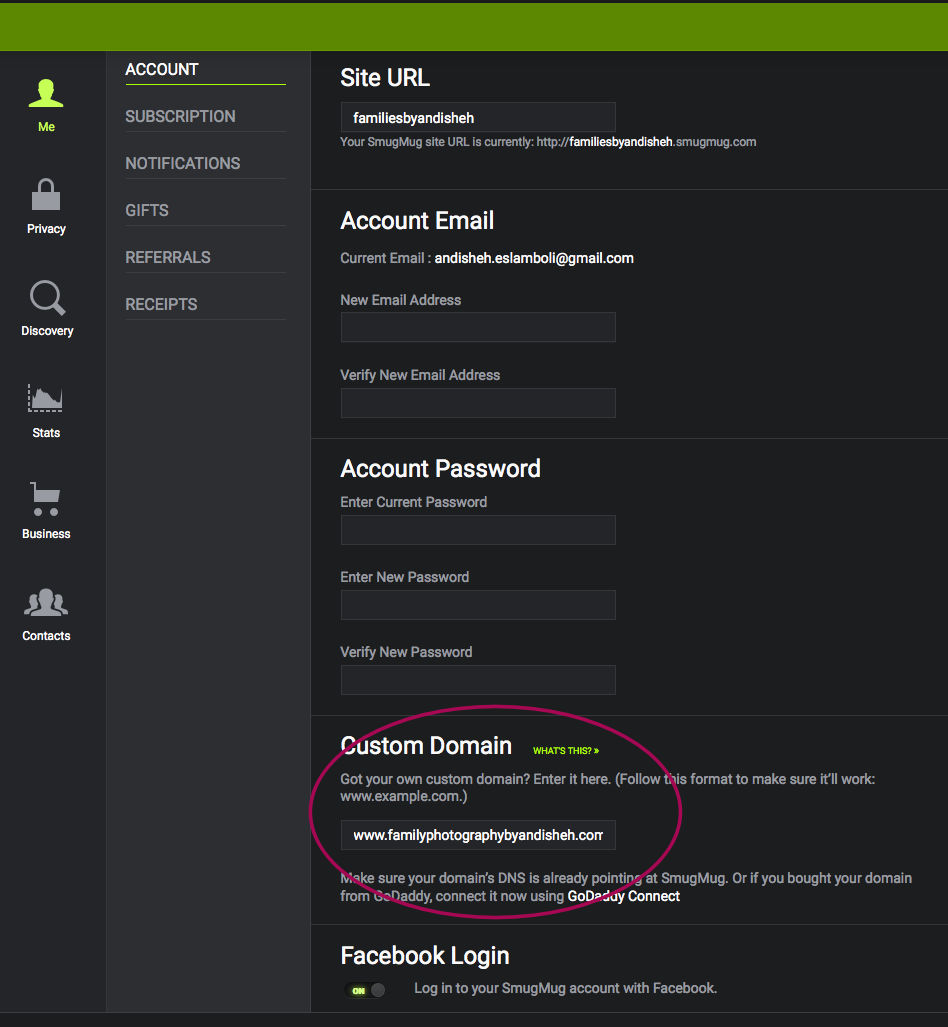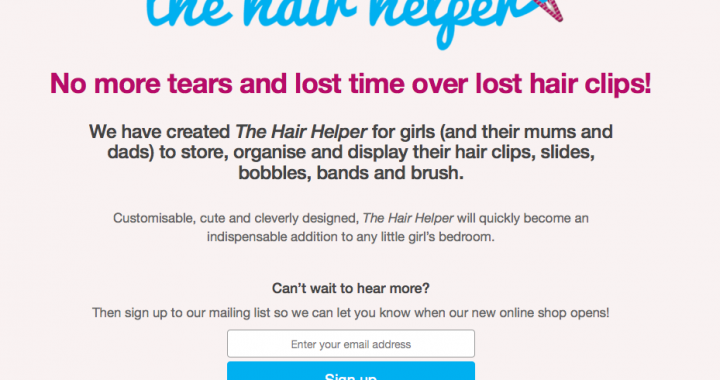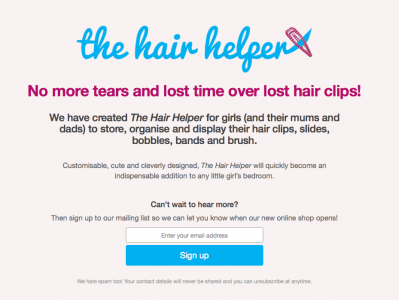Planning to get a new website in 2019 and you’re faced with a busy and bewildering marketplace. Talking to my network of business people, I hear a multitude of opinions about the best solution for a new website.
Generally, there’s a split: opinions are that you either do it yourself (for free!!!), or get a freelancer or an agency to build a site for you. And there’s a perception that there’s no middle ground: that if you go with an agency then you’re reliant on them for ongoing updates forevermore, and if you DIY then you’re out on your own!
At this point, I have to groan, as none of this is completely true.
Let’s look at the real options out there.
DIY Website Builders are a popular and attractive starting place
On social media posts in response to the beginner question, “How should I build my website?” generate responses like: Wix! Squarespace! Shopify! WordPress.com! or solutions from Internet Service Providers, or indeed Google’s own website builder.
The major benefit, of course, is that you can do it free, or for a small subscription fee, and if you don’t have any money yet with a start-up business, but you have some time, this can be really attractive.
These DIY website builders have a variety of in-built themes or templates that can look absolutely gorgeous, with stunning photography, graphics and super-cool layouts and effects. They also have drag-and-drop, live on-page editors, so you don’t have to do any coding. They are really very clever and have made the job of creating a website open to anybody, who is willing to spend the time on it.
So why would you use an agency or a freelance web designer / developer?
When I left my corporate job in 2014, the fantastic developers I used to work with expressed surprise that I was planning to start a website agency, saying “Really? People still need help building websites?”
All right, they are a very techy sample, but yikes!! As a website creator (design and development) this sounded very scary: like, will I be able to grow a business and still be needed in five years time?
However, the voice of sense said to me, “How many of your clients started with a website builder, and then ditched it?” And “How many of your clients didn’t want to do it themsleves, they wanted an expert?”
I start counting on my fingers… the answer – more than I have fingers.
Not really free?…
The truth is that DIY websites take time and more effort than you may think. This depends on the size and the functionality of your site, and whether you already have all the assets you need, like copy, photos, or other media. Also if you do have branding already, then you need to makes sure you can use the correct fonts and styles.
If you are building up a business, then you will pay for your free website in time when you could have been winning customers and making sales.
Building a website is taxing
The truth is that despite there being some very nice templates in-built with website builders, creating a coherent, effective and stunning website is hard!
Firstly you need content, and if you want an original website, then you need photography or graphic design that will cost you money anyway.
Secondly, you have to draw together an array of content in different formats, structure it so that it makes sense to lots of different users, and make it look on-brand and beautiful on different screen sizes – some landscape, some portrait, some as big as a television, some small as a mobile phone. Believe me, easy it is not.
The things that trip you up, you don’t expect
Sounds stupid, of course you don’t expect the things that trip you up! These are the little things that an expert web designer has already learnt through experience, which makes their work higher quality and more efficient. We know things like how to set up a custom website domain, what resolution of images you’re going to need to fit a space, and what you need on your site to boost your organisation’s credibility.
Traps to look out for with DIY builders, especially for business websites
If you choose a DIY Builder, there are some serious negatives about using some – not all – of them. The major factors to consider are:
- Do you own your website content and webspace?
- Can you export it if you need to in the future?
- What Search Engine Optimisation is possible with your chosen website builder?
- What functionality is available and can it be added to over time?
- Plus other factors, such as ongoing costs, security, ease of use, mobile usability and flexbility.
At Gillyfleur we use WordPress (self-hosted – not WordPress.com) to build our websites because it gives our clients ownership and control. It gives us freedom to design and build whatever we want, it’s scalable and it handles a wide range of functionality.
But what I really want to look at in this article is what a good digital agency or professional website designer will do that is so much more than putting some words into a website template.
Good design starts with a purpose not a template
It’s all very well having a beautiful looking demo site, which is often the case with DIY website builders, but translating that into a successful commercial website is another matter. I have had clients who say, “I want a website that looks like this” and they show me a super-cool design. It’s a good starting point, but without exception, we find that the copy and images they have don’t work within the same look and feel, and so we tweak and change and modify the design to really suit them. Heaven knows how you would manage that as a novice using a website builder.
A website expert will set you up for success with good planning, and knowing what to ask. This can be simple, such as being able to get the right size images, to the more tricky knowledge of what needs to be on your website to make you GDPR compliant.
Begin by asking, how will I know that this website is successful for me?
A good website expert will ask pertinent questions about what your website is for before they even think about design. We find out who will be using the site, what they are likely to do, and what they want to know. We talk about how the website will fit into your marketing activities and how it can work harder for you. And we look at competitors, and opportunities to improve on their approach. Practically we ask to see your branding, any existing copy, images, and other assets, so we know what work is needed to meet your goals.
Make it measurable
Having someone ask these sorts of questions will not only make the process of building a new website much more organised, but it will make it possible to set measurable goals at the very start of your online journey. There can be ‘soft’ goals, for example, feeling proud to direct a potential client to your website (and not embarrassed). There can also be the goal of placing highly on search engine results pages, making online sales, or growing a mailing list. It’s different for everybody and it is very valuable to prioritise the most important wins for you at the beginning of a project.
We have experience of the things that can go wrong
Oh yes! This is so important. Things go wrong. Things break. And sometimes we don’t know why. One of the characteristics of a successful website agency, I believe, is having a team of people who like to troubleshoot and find solutions, when most people would panic or give up.
DIY websites tend to include a DIY Customer Service
A DIY solution is not going to provide that depth of knowledge dedicated to thinking about you and your business. These companies will have Customer Service on hand for specific technical issues, but be prepared to do the donkey work using trial and error when things go wrong. You’re very likely to be given an initial stock response of a “Have you checked our FAQs / been through our troubleshooting guide?” with all that that entails.
How much money?
It seems to me that for many using an website agency is going to make better business sense when creating a new website. But for others, the cost is the biggest consideration. As I indicated before, this is likely to be weighing up how valuable your time is versus the cost of a freelancer. If you don’t have the money, and you do have time and a willingness to persevere then DIY may well suit you. Otherwise seriously look to get a budget together.
What is a realistic budget for a new website?
Realistically, the cheapest option is to find a decent freelancer and budget at least £500 for a new website, simply because it will take about 20 hours’ work to build a business 5-page website. Agencies with office and staff would be starting upwards of £2000+VAT.
Within that price you should expect a customised responsive design (tested for multiple screen sizes), website security, search engine submission, and limited functionality such as social media feeds and contact form. You should not expect web hosting, image sourcing, additional graphics or media, or additional functionality, like more complex forms, eCommerce or free giveaways.
For a high quality business website with all the things you’re likely to want, including bespoke graphic design, aim for a budget of £1500-£2000 with a freelancer and £3000 upwards with agencies, depending on the number of pages and the level of customisation.
For more complex eCommerce or Membership requirements, you’d need more again. The biggest sites with hundreds of pages and products, which are custom built, cost tens of thousands of pounds.
Training so you are not tied in
To dispell the myth that working with a digital agency means you are tied into high costs for support and website changes, let me explain that our approach is to empower our clients as much as they want. We use a content management system that enables clients to add and update their own content in the areas they want. We train our clients in person, via video calls and recorded videos so you can replay them. Therefore you don’t have to pay an hourly rate to make simple text changes.
Taking care of the basics
We do offer support packages so that we can take care of the most important aspects of your website security. This includes up-time monitoring, software updates, back ups, security checks and speed optimisation. This type of support is very reasonably priced for the peace of mind it brings. The DIY website solution may or may not include some or all of these things, but the benefit of having a real person to call with a question cannot be undervalued.
If you would like help with a new website check out our approach and some examples of our work here.


